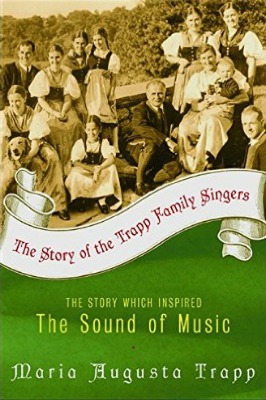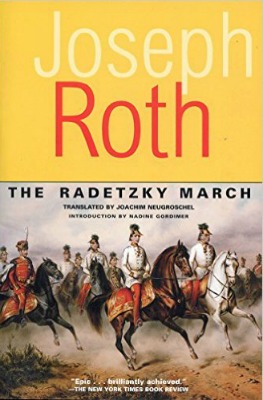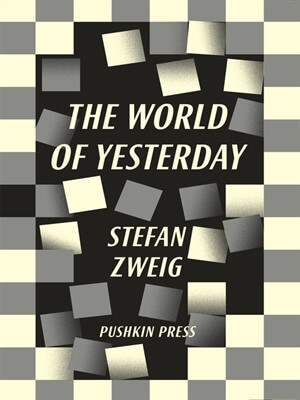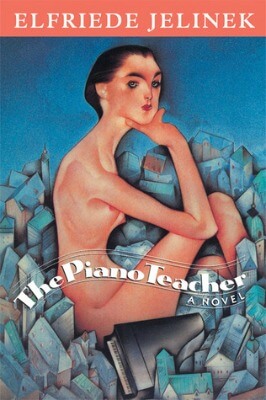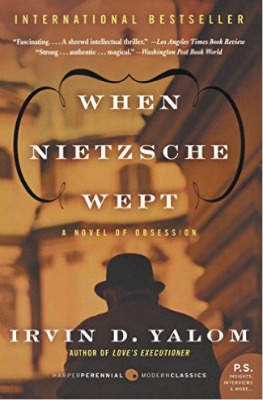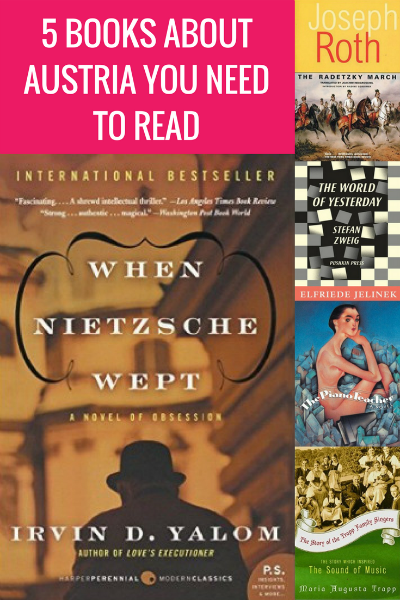Lots of people inform themselves about the country they’re traveling to by diving into guidebooks and reading blogs like this one, but another great way to get a feeling for a place is by… reading books! Historical books, yes, but also travel memoirs or fiction specifically set in a country. In Austria, for example.
The following five books about Austria are great to read in preparation for your trip, to hold on to that travel feeling after coming home, or simply because.
Books about Austria
1. The Story of the Trapp Family Singers
When you say Austria, you say “The Sound of Music”, but few people know the real story behind the singing Trapp family and the romance between Maria and the baron. In
this book, Maria Augusta Trapp herself tells us about how she fell in love with the baron, how they escaped Nazi-occupied Austria and what their life was like in the United States. Those of you who’ve seen the movie will notice quite a few differences between how Hollywood portrayed the family’s story and how things really happened.
2. The Radetzky March
Joseph Roth’s “The Radetzky March” follows three generations of the Trotta family, who’s rise and fall coincides with that of the Austro-Hungarian empire. It all begins when Joseph Trotta saves the life of Emperor Franz-Joseph and sees the social status of his family elevated from that of peasants to that of barons and high-ranking army officials. Not all is well, though, as events cause Trotta to lose his faith in the Emporer. His son and grandson live to keep the family’s name high, bound to majesty and military, but also they become further and further removed from the ideals and the Emperor they once believed in.
“The Radetzsky March” is a social novel, addressing important historical events only as they affect the lives of its characters. The action doesn’t take place outside in the world, but inside, within the emotions and psychology of the Trotta’s.
3. The World of Yesterday
“The World of Yesterday” is the memoir of Austrian author Stefan Zweig who describes life in Vienna during the final days of the Austro-Hungarian empire in great detail. It’s a lamentation for the lost Golden Age of Vienna, but also for a unified Europe in the wake of World War I. Zweig traveled through Europe extensively and portrays “European culture” when telling us of his visits to cities like London and Paris.
Zweig started writing “The World of Yesterday” in 1934 and moved to London shortly after, taking on British citizenship. After a short time in New York, he moved to Brazil where he committed suicide together with his second wife only the day after he sent the manuscript of the book to his publisher.
4. The Piano Teacher
In Elfriede Jelinek’s “The Piano Teacher”, the sexually and emotionally restrained piano teacher Erika Kohut enters in a sadomasochistic relationship with one of her students, Walter Klemmer. Erika, who still lives with her controlling mother, sees the relationship as a means to rebel and continuously tells Walter what to do to her. As he feels increasingly uncomfortable in the position he’s put in, the story builds until a disastrous end is unavoidable.
Jelinek received the Nobel Prize for “The Piano Teacher” and the book was adapted to the highly popular movie of the same name.
5. When Nietzsche Wept
“When Nietzsche Wept” by Emeritus Professor of Psychiatry Irvin D. Yalom is a novel set mostly in Vienna in 1982. It tells the story of the fictional encounter between doctor Josef Breuer – Freud‘s mentor and philosopher Friedrich Nietzsche. Breuer is called upon by Lou Salomone to help her friend Nietzsche who is suicidal because she refused him. Because Nietzsche is too proud to accept any help, Breuer tells him he needs Nietzsche’s help getting over a former patient he himself fell in love with. The two agree to meet daily and as the sessions progress both a friendship and the basis of psychoanalysis originate.
While the story is fictional, the book contains many references to real 19th-century personalities and addresses the actual evolution of psychology and psychoanalysis. It’s one of the books on Austria to read if you’re into psychoanalysis.
PIN FOR LATER

